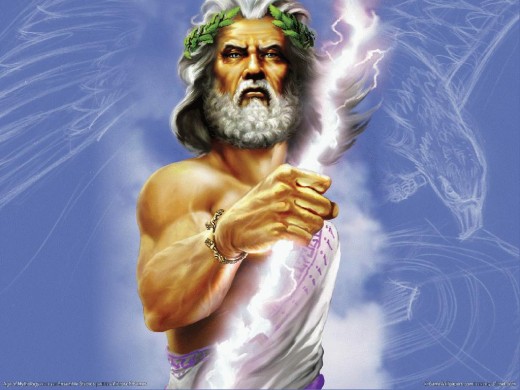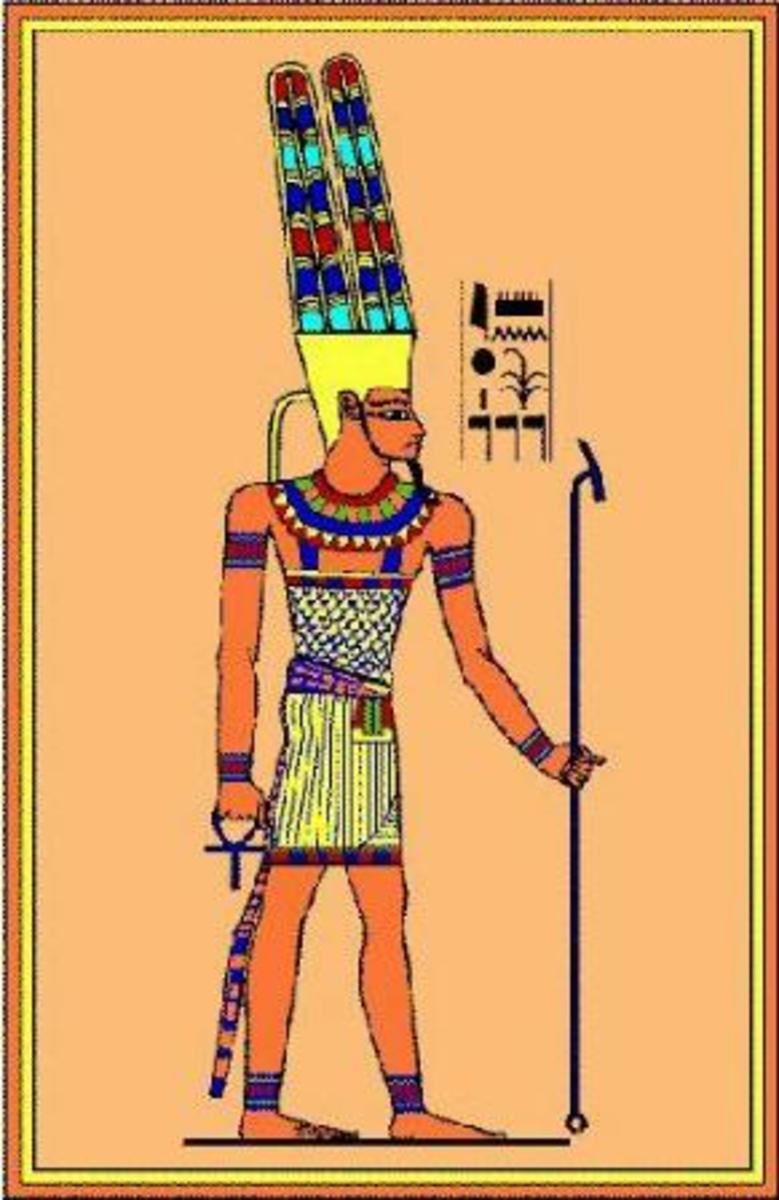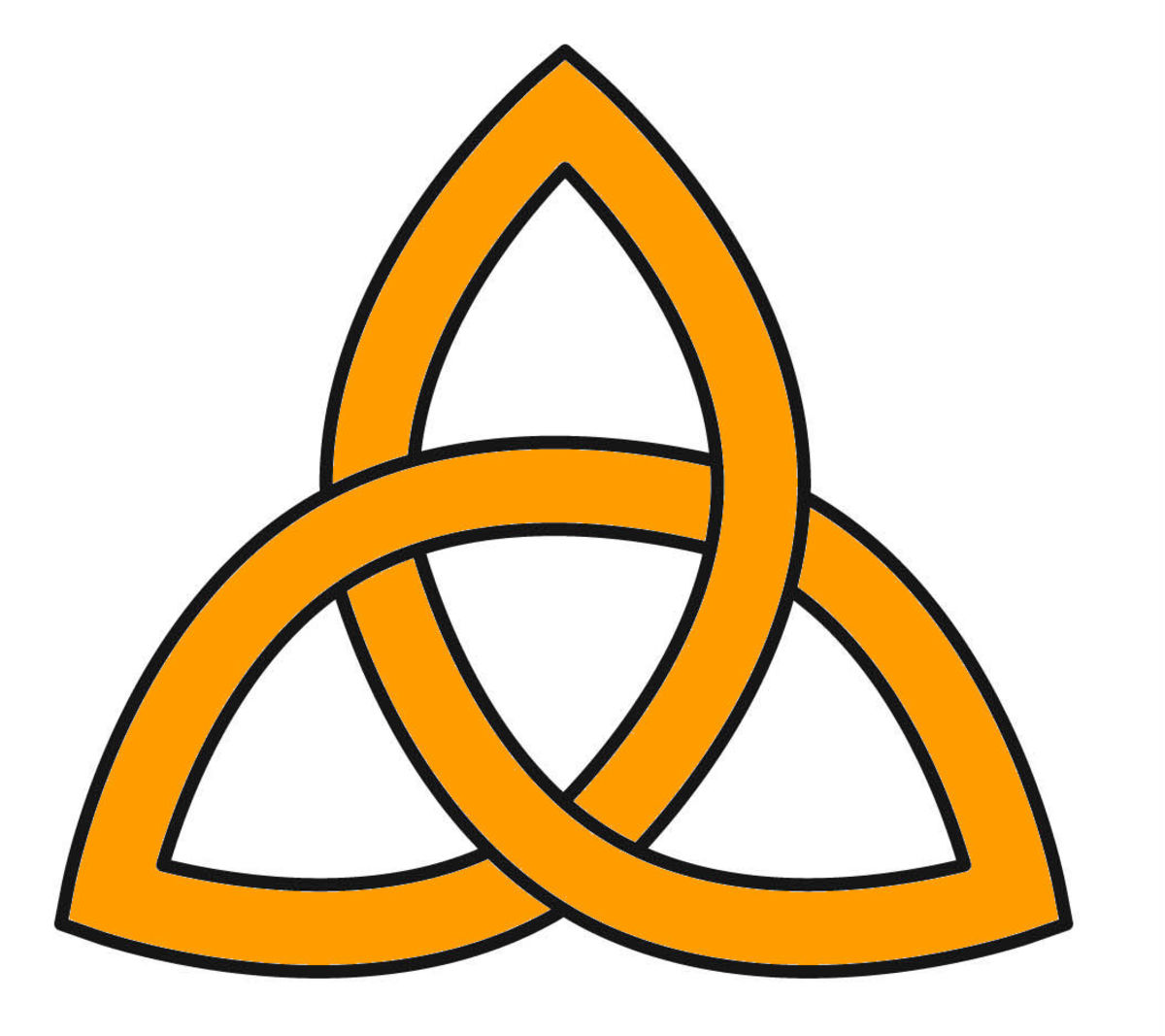Would the real god please stand up?

Will the real god please stand up.
Where did the idea of the one god originate? Obviously it was a transition from many gods with one leader or supreme god, to one supreme god with angels. We attribute the Jews with the first monotheistic religion but that’s not exactly true. The sun was worshiped as the supreme and sometimes only god. Akhenaton tried to convert Egypt to the first monotheism around the time of Moses.
Though there is much doubt about the existence of a real Moses there is no doubt that Akhenaton existed. He wrote a poem to Aton. (god):
“Thou arisest beauteous in the horizon of heaven, O living Aten, beginner of life when thou didst shine forth in the eastern horizon, and didst fill every land with thy beauty
Thou art comely, great, sparkling, and high above every land, and thy rays enfold the lands to the limit of all that thou hast made, thou being the sun and thou reachest their limits and subjectest them to thy beloved son.”
Of course he meant himself not Jesus. The tradition of kings claiming to be the son of god is a long one. The Romans did it and so did people before Rome. After all, if your leader was the son of god then he had god’s ear and as long as they weren’t having a falling out things were bound to be good. Other advantages were that if you could trace your lineage back to Jupiter or another god, you were more likely to be chosen as leader. And most importantly people accept taking orders from what they consider a higher authority rather than just some guy that happens to be called a king.
But be all that as it may, the Jewish god has several possible origins it seems. In the early Hebrew bible he is called Elohim. There are actually 7 names of god.
While a lot of people argue about the difference between titles and names, there is very little to no difference. Every name had a meaning even if we don’t know what the original meaning of our name is. The name Roy is derived from the word royal, for example. In a sense the word god is just a title, not a name. All the names of god are titles or descriptions.
The only name recognized by the Hebrews these days as a proper name is Yahweh. But it simply means: He exists. Hardly what I would call a name and yet that is what was supposedly told to Moses: I am.
Yet names can tell us where the origin of a thing lies. El was the supreme god of the Canaanite pantheon. “An” was the supreme god in the Sumerian pantheon which was changed to En in the Babylonian pantheon.
Canaanites were related to the Hebrews. Baal eventually became their supreme god. There is some evidence that the faction that named god Yahweh may have derived it from the Canaanite god Yam.
While the Hebrews claimed the people who believed in Baal to be the enemy of Yahweh, the Canaanites claim the god Yam as the enemy of Baal. In fact, the story of Yam is the story of satan in the Christian culture. Yam dared to think he was as good as the supreme god Baal and even told his followers he was the only god.
This kind of story was also told in Sumer where apparently one of the gods there did the same thing and was expelled from heaven.
It would be ironic if the Hebrew god was Yam. But there are other contenders. The Hebrews might have just taken the supreme god concept which all the pantheons had and made of him the only god. It would be like saying Zeus, An, El, En etc, were all one god. After all, there is but one according to monotheism. And this is exactly what the Muslims claim. There can be only one supreme god, because if there were more than one they would fight for supremacy and in the end there be only one.
Be that as it may, another contender for the position of god comes from the city Abraham lived in: Ur. It is well known that when you left your city you took the patron god with you. The patron god of Ur was Nanna, god of the moon. The Greeks called him Sin. He was god of wind as well, and in the story of Lilith, when she speaks the true name of god she turned into a wind demon.
Sin was the god the Arab tribes worshiped before Mohamed. The interesting thing is that his symbol was the crescent moon. It is still the symbol of Islam. So do the Muslims worship a different god from the Jews? Not according to them or their rationalization.
No matter where the one god concept originated from or which god from which pantheon became the only god, it is perhaps of little importance in the end. But it is interesting to note that in the absence of the material presence of a god, one can just say: Well of course they all worship the same god. There is but one.
And I for one don t like that explanation much. So for all of us who really want to know where these ideas got their start: Would the real god please stand up?









